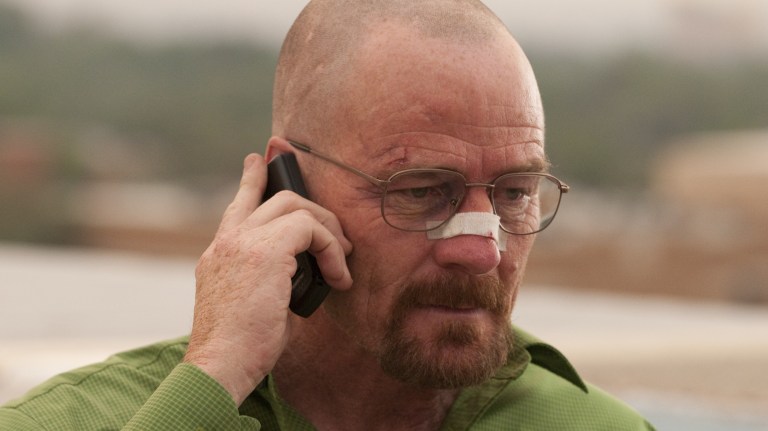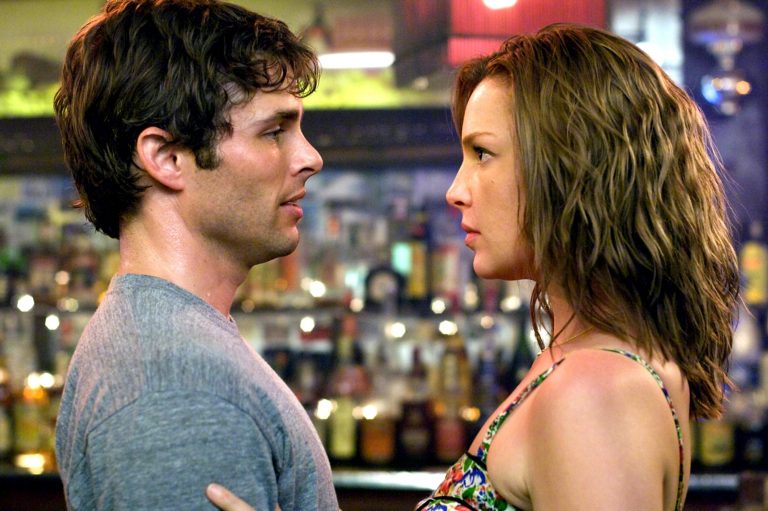
Lessons I Learned From Loving A Drug Addict
I am not an addict.
But try and love one, and then see if you can look me square in the eyes and tell me you didn’t become addicted to trying to “save” them.
If you’re lucky, they recover. If you’re really lucky, you recover, too.
Loving someone with Substance Use Disorder can and will consume your every thought.
Watching their physical deterioration and emotional detachment to everything will make you the most tired insomniac alive.
You will stand in the doorway of their bedroom and plead with them that you “just want them back.” If you watch the person you love disappear right in front of your eyes long enough, you will start to dissolve too.
Those not directly affected by addiction won’t be able to understand why you are so focused on your loved one’s well-being, especially since, during the times of your loved one’s active addiction, they won’t seem so concerned with their own.
Don’t become angry with these people. They do not understand. In a world where nearly 100 Americans are dying each day at the hands of opioids alone, they are lucky to not understand. You’ll catch yourself wishing that you didn’t understand, either.
“What if you had to wake up every day and wonder if today was the day the most important person in your life was going to die?” will become a popular, not-so-rhetorical question.
Drug addiction has the largest ripple effect that I have ever witnessed firsthand, impacting an estimated 45 million people when taking into account the loved ones.
It causes parents to outlive their children. It causes jail time and homelessness. It causes sisters to mourn their siblings. It causes nieces to never meet their aunts. It causes an absence before the exit.
You will see your loved one walking and talking, but the truth is, you will lose them far before they actually succumb to their demons; which, if they don’t enter recovery, is inevitable. In 2015, 52,000 people lost their life to a narcotic. It is estimated more than 60,000 died in 2016.
Drug addiction causes families to come to fear a ringing phone or a knock on the door. It causes vague obituaries. “Died suddenly” has officially become obituary-speak for “another young person found dead from a drug overdose.”
Drug addiction causes bedrooms and social media sites to become memorials. It causes the “yesterdays” to outnumber the “tomorrows.” It causes things to break; like the law, trust, and homes.
Drug addiction causes statistics to rise and knees to fall, as praying seems like the only thing left to do sometimes.
People have a way of pigeonholing those who suffer from addiction. They call them “trash,” “junkies,” or “criminals,” which is not the whole truth. Addiction is a chronic illness. They have families and aspirations.
You will learn that drug addiction doesn’t discriminate. It doesn’t care if the user came from a loving home or a broken family. Drug addiction doesn’t care if you are religious. Drug addiction doesn’t care if you are a straight-A student or a drop-out. Drug addiction doesn’t care what ethnicity you are. Drug addiction will show you that one decision and one lapse in judgment can alter the course of an entire life.
Drug addiction doesn’t care. Period. But you care.
You will learn to hate the drug but love your addict. You will begin to accept that you need to separate who the person once was with who they are now.
It is not the person who uses, but their addiction. It is not the person who steals to support their habit, but their addiction. It is not the person who spews obscenities at their family, but their addiction. It is not the person who lies, but their addiction.
And yet, sadly… it is not their addiction that dies, but the person. ![]()











